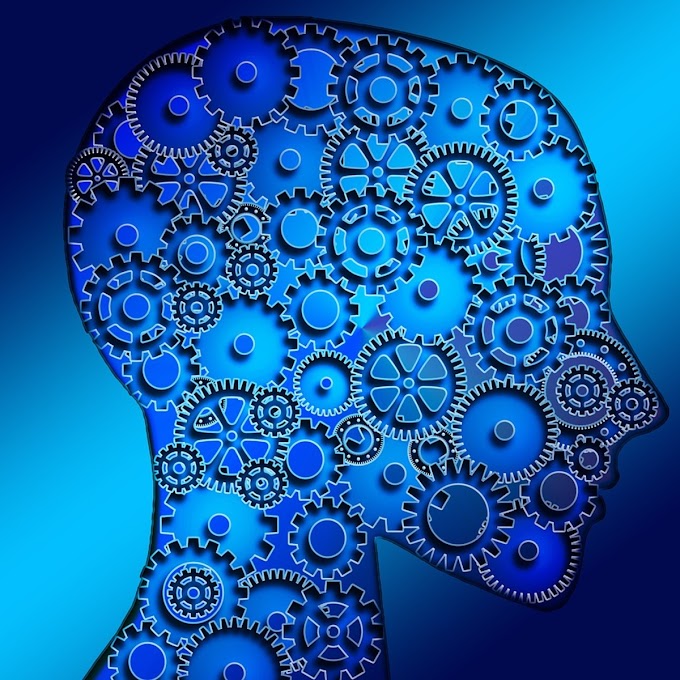Introduction to Computer Science and Programming
Get ready for computer science. Create graphical programs, learn computing mathematics, develop mental models of computer systems.
WHAT YOU WILL LEARN
1. Use the Javascript language to create interactive programs in the browser with 2D graphics.
2. Convert between number bases, work with modular arithmetic, sequences and series and plot graphs.
3. Develop and use mental models to describe the workings of a range of computer systems.
1. Transform numbers between number bases and perform arithmetic in number bases
Bachelor of Science in Computer Science

Earn a University of London degree in Computer Science and apply your creativity to in-demand technology.
Open the door to sought-after technology careers with a world-class online Bachelor of Science (BSc) in Computer Science degree from the University of London. You’ll master in-demand computing skills, solve complex problems, and hone your innovation and creativity. The hands-on project-based approach will help develop the technical and transferable skills needed for a fulfilling career in your field.
Specialize in 1 of 7 cutting edge topics. Choose from the following areas of focus: Machine Learning and AI, Data Science, Web and Mobile Development, Physical Computing and the Internet of Things, Games Development, Virtual Reality, or User Experience.
Create a portfolio of work that furthers your career. Develop skills in computing with a strong programming and mathematics focus, plus project management, presentation skills and teamwork. Create a portfolio of coursework to present to potential or existing employers.
Build technical and transferable skills needed for a career in high-growth industries. The course material ranges from entry-level subjects to specialized topics. Hold a degree outside of computer science? The curriculum allows you to update your marketable and competitive skills through commercial applications of computing practices. The flexible degree programmes are designed for busy schedules. You can study online at your own pace.
Earn a degree from a university with global reputation. The University of London, established by Royal Charter in 1836, is a globally recognized learning institution. UoL currently has over 120,000 students in London, and a further 50,000 studying abroad in 180 countries.
Computer Science: Programming with a Purpose

About this Course
The basis for education in the last millennium was “reading, writing, and arithmetic;” now it is reading, writing, and computing. Learning to program is an essential part of the education of every student, not just in the sciences and engineering, but in the arts, social sciences, and humanities, as well. Beyond direct applications, it is the first step in understanding the nature of computer science’s undeniable impact on the modern world. This course covers the first half of our book Computer Science: An Interdisciplinary Approach (the second half is covered in our Coursera course Computer Science: Algorithms, Theory, and Machines). Our intent is to teach programming to those who need or want to learn it, in a scientific context.
We begin by introducing basic programming elements such as variables, conditionals, loops, arrays, and I/O. Next, we turn to functions, introducing key concepts such as recursion, modular programming, and code reuse. Then, we present a modern introduction to object-oriented programming.
We use the Java programming language and teach basic skills for computational problem solving that are applicable in many modern computing environments. Proficiency in Java is a goal, but we focus on fundamental concepts in programming, not Java per se.
All the features of this course are available for free. It does not offer a certificate upon completion.
Python for Everybody

Learn to Program and Analyze Data with Python. Develop programs to gather, clean, analyze, and visualize data.
About this Specialization
This Specialization builds on the success of the Python for Everybody course and will introduce fundamental programming concepts including data structures, networked application program interfaces, and databases, using the Python programming language. In the Capstone Project, you’ll use the technologies learned throughout the Specialization to design and create your own applications for data retrieval, processing, and visualization.
Accelerated Computer Science Fundamentals

Data Structures and Algorithms in C++. Learn fundamentals of computer science while implementing efficient data structures in C++.
WHAT YOU WILL LEARN
Design and implement an object-oriented program in the C++ language, including defining classes that encapsulate data structures and algorithms.
Select and implement appropriate data structures that best utilize resources to solve a computational problem.
Analyze the running time and space needs of an algorithm, asymptotically to ensure it is appropriate at scale, including for big data.
Prepare for advanced courses in CS with the foundational knowledge of object data structures needed to implement and call advanced library functions.
Algorithms

Learn To Think Like A Computer Scientist. Master the fundamentals of the design and analysis of algorithms.
About this Specialization
Algorithms are the heart of computer science, and the subject has countless practical applications as well as intellectual depth. This specialization is an introduction to algorithms for learners with at least a little programming experience. The specialization is rigorous but emphasizes the big picture and conceptual understanding over low-level implementation and mathematical details. After completing this specialization, you will be well-positioned to ace your technical interviews and speak fluently about algorithms with other programmers and computer scientists.
About the instructor: Tim Roughgarden has been a professor in the Computer Science Department at Stanford University since 2004. He has taught and published extensively on the subject of algorithms and their applications.
Applied Learning Project
Learners will practice and master the fundamentals of algorithms through several types of assessments. Every week, there is a multiple choice quiz to test your understanding of the most important concepts. There are also weekly programming assignments, where you implement one of the algorithms covered in lecture in a programming language of your choosing. Each course concludes with a multiple-choice final exam.












0 Comments